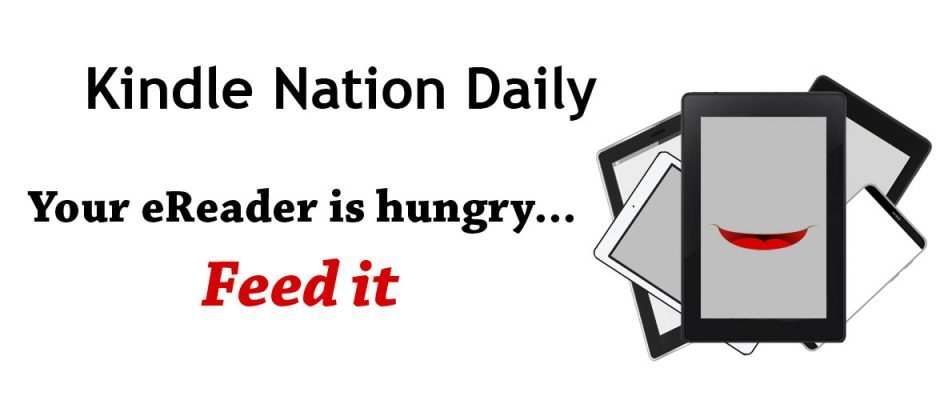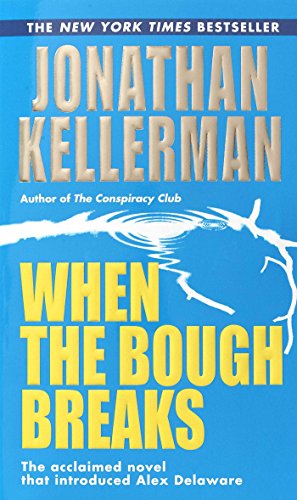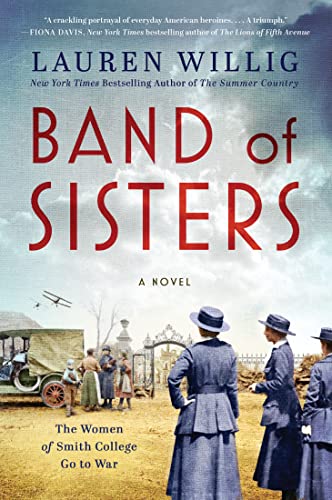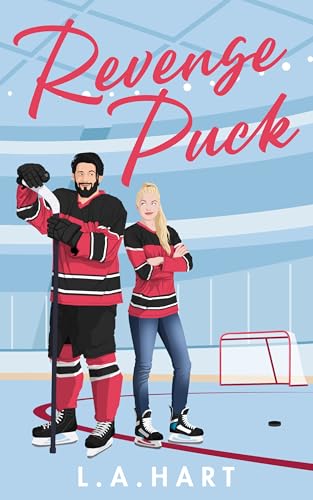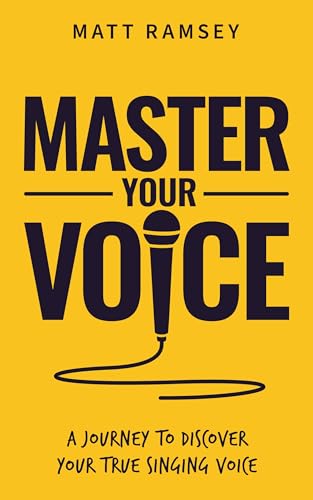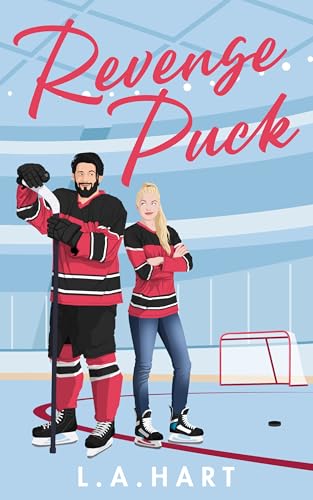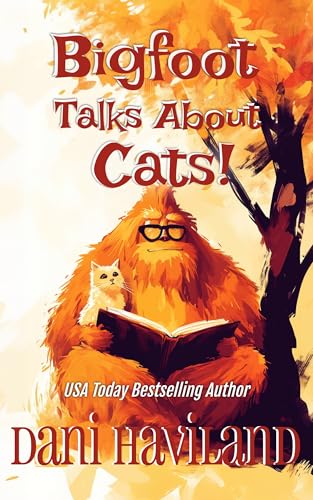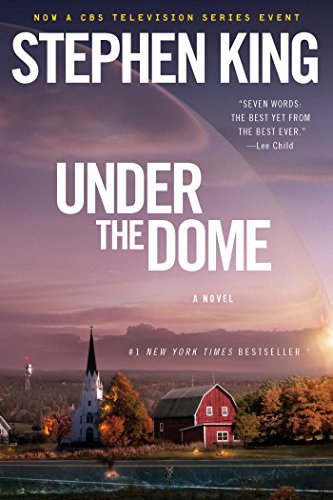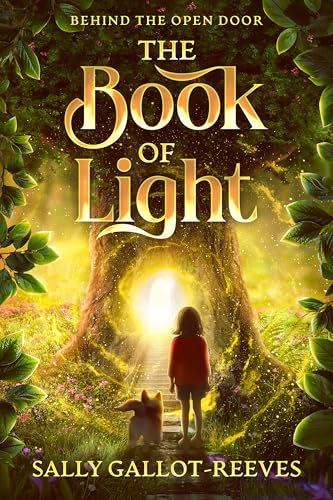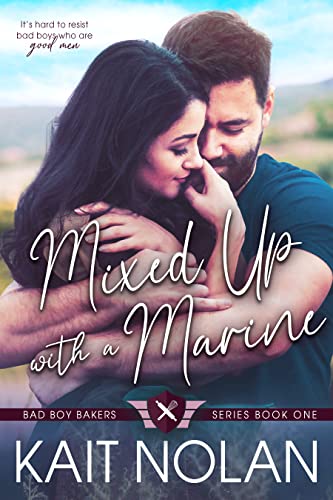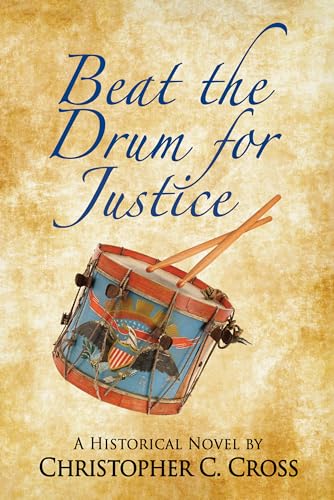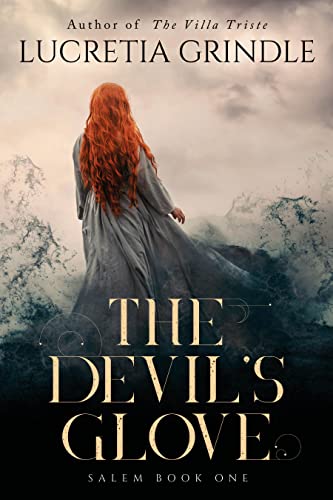
In today’s Publetariat Dispatch, indie author Moses Siregar III takes a closer look at how his readers are employing the Notes function in one of his Kindle novels.
This post originally appeared on his Moses Siregar III’s blog and is reprinted here in its entirety with his permission. It seems like the Most Popular Notes feature on Amazon’s Kindle may be a very useful tool for authors; who among us wouldn’t want to know which passages our readers felt most strongly about?
 So I bought a new Kindle Paperwhite, and it’s almost an amazing e-reader (Mostly, I love it, but there are some issues with the “white” part when using the built-in lights–namely, the background isn’t a uniform color). One nice new feature (okay, I lied. It’s actually an older feature even on my trusty kindle2, but I hadn’t realized that until today) is that if you click to “View Notes & Marks” on a book, you’ll sometimes get to see the top ten most popular highlights on the book.
So I bought a new Kindle Paperwhite, and it’s almost an amazing e-reader (Mostly, I love it, but there are some issues with the “white” part when using the built-in lights–namely, the background isn’t a uniform color). One nice new feature (okay, I lied. It’s actually an older feature even on my trusty kindle2, but I hadn’t realized that until today) is that if you click to “View Notes & Marks” on a book, you’ll sometimes get to see the top ten most popular highlights on the book.
Some books show these highlights and some books don’t. And you’ll probably see more highlights on your device than you’ll see on a book’s page at Amazon.
I’m one of the lucky ones, because my first novel does show the top ten highlights. Because I haven’t had any big news in awhile–semi-kidding, although if you want to follow my author news, my Facebook Author page is the best way, or on Twitter @MosesSiregar–I’m going to paste the top ten highlights (selected by the readers) from The Black God’s War here. I’ll list them in order with the most popular highlight at the bottom of the list.
1) “I know know how to fight him. His gods are a projection. They are just as false as this world. I know that. I will win.”
2) “You are a master in a tiny field. The ultimate truth still lies far beyond you. There is no end to evolution, to the unshackling of chains.”
3) [this is one a bit spoilerish] “his domain also includes the dark processes of life, including the balancing of what you might call sin. Our concept is karma. It suggests that whatever we do returns to us because in truth there is no separation between us all. So when we act upon another, we act upon ourselves. Evil acts come back to us, while good deeds bring good karma. As I understand your Lord Danato, it’s as if he is a god of karma.”
4) “The mind is the master of the physical world. The physical isn’t observed by the mind–it’s actually dependent on the mind.”
5) “Introspection, clarity, and creative imagination must come before action.”
6) “It’s the most recent worst day of my life,” she said. “Thank you for asking.”
7) “The descent to Hades is the same from every place.” -Anaxagoras [this is a quote, not my words]
8 ) “A man must act on his conscience. I would rather die than live by no greater principle than my own survival.”
9) “This is why our desires must be questioned before we undertake any great endeavor. If our values are flawed, our actions can only produce imperfections.”
10) “I believe it is not important how long you live, but that you give yourself to living. Live as only you can, with every part of you fully engaged.”
It was definitely fun for me to see what readers have highlighted in the book. Do you have any popular highlights on your favorite books (or on your own books) that you really like?
And if anyone still manages to read my blog even after all of my updates have been going to FB and Twitter rather than here, and if you can remember–without going back to the book–which characters said each of the above quotes, give it a shot in the comments [section beneath the original post] and if you get them all right I’ll have to figure out something really cool that I can give you. Maybe a signed copy of book two?
